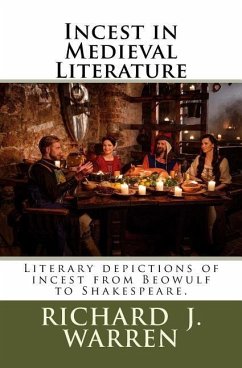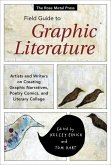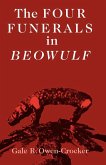Incest appeared as a frequent motif of medieval literature. The tales ranged from inadvertent encounters, intentional acts, and incest narrowly averted through recognition. The stories served as cautionary tales warning the populous of one of the many sins of the flesh. An examination of literature from the Anglo-Saxon period through the early Renaissance shows the popularity of the theme but also illustrates how the perceived consequences of incest changed from one period to the next. The genetic repercussion of incestuous reproduction is well understood today but would not have been in medieval times, yet the practice carried a significant stigma. Though often difficult to fully decipher, the chosen texts highlight the medieval attitude toward incest and stand as a window looking into the sexual taboo during the Middle Ages.
Bitte wählen Sie Ihr Anliegen aus.
Rechnungen
Retourenschein anfordern
Bestellstatus
Storno







